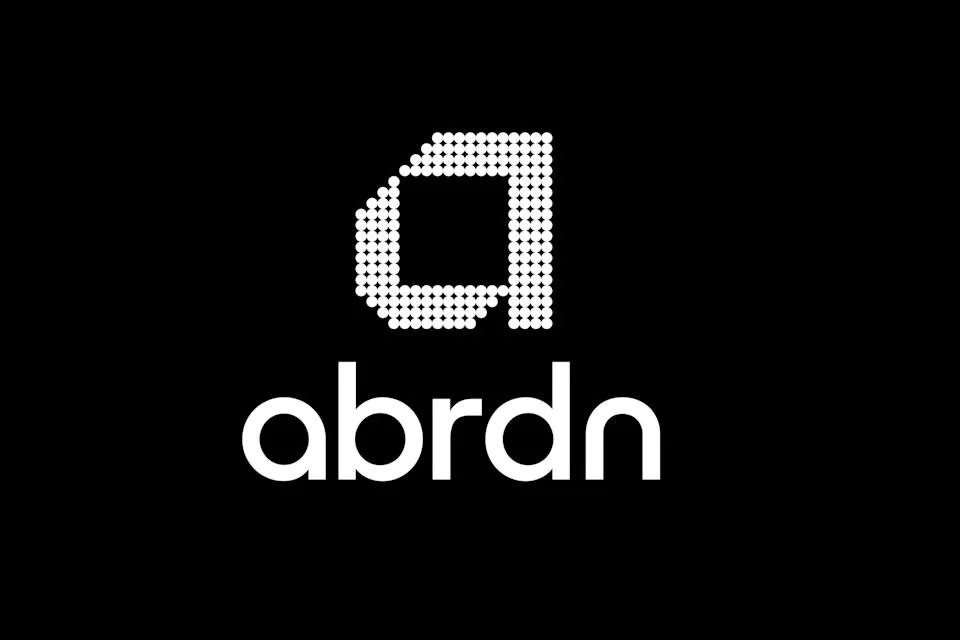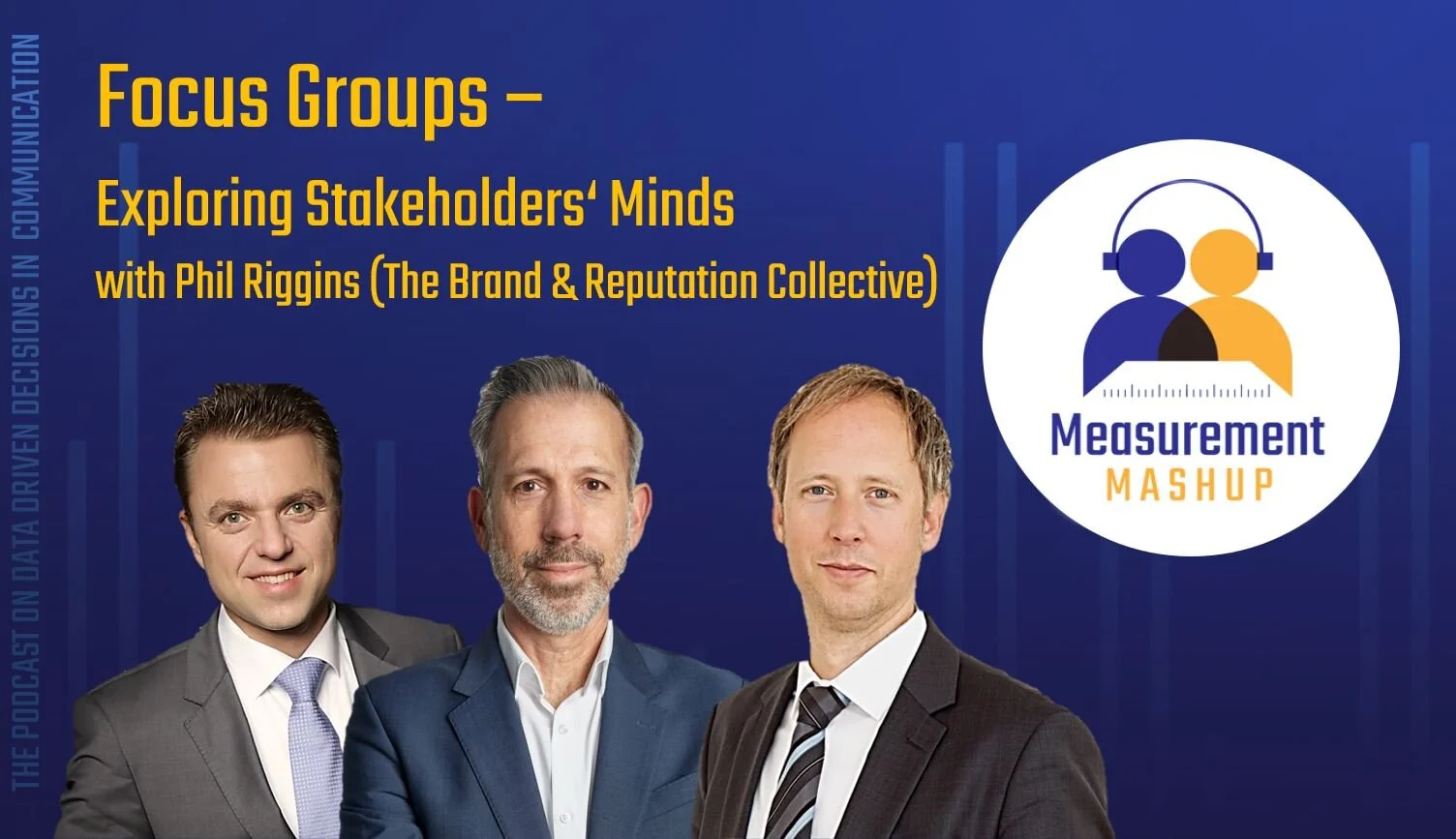Given the current political climate, are corporate Diversity, Equity & Inclusion (DEI) initiatives and climate activism dead or on life support? Gen Z and Millennials say “no”.
Gen Z and Millennials hold the keys to power more and more. What do they want from their political leaders?
From diversity and inclusion to climate action, these generations are holding brands accountable for making a positive impact. Is your company doing enough to meet their expectations?
Millennials and Gen Z are key to the success of companies and brands. They are aware of their power - and you should be, too.
How much should we care what brand experts and other social media commentators (including me) are saying and predicting about Standard Life Aberdeen’s rebrand to Abrdn?
Millennials and Gen Z have clear expectations for brands in a post-Covid world. They will reward or punish brands depending on how they act towards the issues that matter to their generations.
My friends asked me for my opinion about what the 2020 US election means for us as a society and for the polling industry.
What do you need to know about focus groups? My first podcast hopefully provides some answers for you.
BAME people want social change and racial equality. They believe that companies and their leaders can make a real difference and they want to work for employers that take a stand on the issues that matter to them.
How will Millennial and Generation Z consumers, employees, activists, and leaders shape the world in the years ahead?
Let me introduce you to Kevin and Natasha from BT. They are the frontline in BT’s push to get us to hear what they have to say about purpose.
What do corporate communicators think matters most for building trust with their audiences today? We did deep dive research with them to find out.
What’s the role of brand in building trust with stakeholders? Find out in this short piece from the Reporting Times
What trends should communicators expect in 2019? Find out in my guest blog for Eterna Partners.
The price of consumers’ and stakeholders’ support in an age of low trust and high uncertainty is purpose with proof, radical transparency and a seat at the table.
Individual company reputation can be managed individually, but sector reputation requires
a joined-up approach. What does that look like exactly?
Passive fund managers are becoming more "aggressive" and putting corporate executives on notice that purpose is important to gaining their trust and support.
Survey of senior in-house communications professionals across Europe highlights major changes in thinking about corporate reputation.
How do you build trust with your audiences? Phil Riggins and David Ashton share experiences and practical advice.
Is it within the power of organizations to look around corners and see in the dark, to spot and remove reputation risks before they cause massive destruction?
Views of senior European communicators on the changing landscape and roles for corporate communications.
Legislation offering a “right to be forgotten” means that while data lives forever, the ability to find it may not.
Welcome to the world of data permanence, where digital information will live forever. Data permanence just is. It exists – and we have to learn to live with it.
Increasingly, companies are inviting non-traditional stakeholders to take a seat and join the discussion. But how do you do it successfully? Truus Huisman and Phil Riggins offer their perspective.
Conventional wisdom holds that “Stakeholder Engagement” is important and organizations should be doing it. But there’s very little data available about what “it” is, or about the benefits and risks organizations see from engaging in new ways with groups they may not have dealt with before.





























For Unilever, owning an activist brand like Ben & Jerry’s undoubtedly bolstered its image as a forward-thinking, socially conscious corporation. However, this alignment came at a cost.